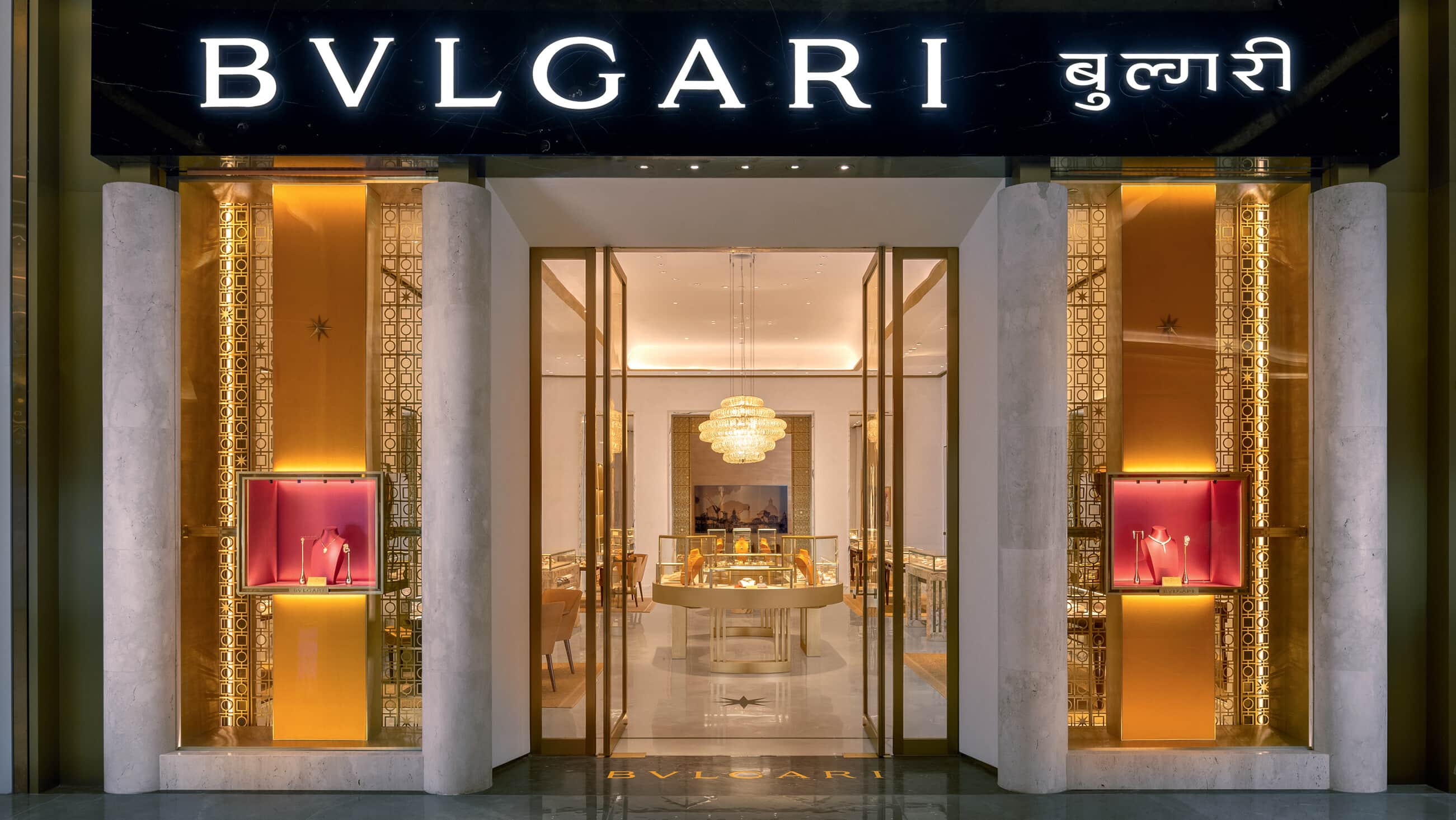
India is Bulgari's new target for luxury growth
What's the story
With demand for luxury goods in China falling due to an economic downturn, Bulgari, the luxury jewelry brand owned by LVMH, is looking toward India to make up for the loss. Bulgari CEO Jean-Christophe Babin told Bloomberg TV in an interview that the company plans to expand its presence in India. The brand currently has 13 boutiques or official retailers across the country.
Market optimism
'India will be in top 5 or 8 markets worldwide...'
Babin was optimistic about India's potential as a luxury market. He said, "We see more luxury to come in the coming months or years, which will propel India, if not in the top three but probably to the top five or eight markets worldwide." This highlights Bulgari's faith in India's robust growth and favorable demographics to drive its expansion strategy.
Digital strategy
Bulgari to boost e-commerce in China amid sales slump
Despite the economic challenges in China, Bulgari remains committed to the market. The luxury brand plans to enhance its e-commerce presence over the next two years to reach more clients in smaller cities. This digital strategy is a response to the country's oversupply of real estate and excess manufacturing capacity, which Babin believes could take several years to be absorbed before the economy recovers.
Tariff impact
Babin downplayed impact of potential US tariffs on China
Babin also touched upon the potential impact of US President-elect Donald Trump's threat to impose new tariffs on China. He played down the effect on the luxury sector, saying that most fashion goods imported into China are from European countries such as France and Italy. This viewpoint indicates that Bulgari expects little disruption to its operations in China from these proposed tariffs.
Industry slowdown
Babin attributed luxury industry's slowdown to unusual 2023
Further, during the interview, Babin attributed the current slowdown in the luxury industry to an unusually strong 2023. He suggested that this year's relative weakness is due in part to comparisons against high demand last year, which was fueled by consumer savings accumulated during the COVID-19 lockdown years. This perspective provides context for understanding the current dynamics of the global luxury market.